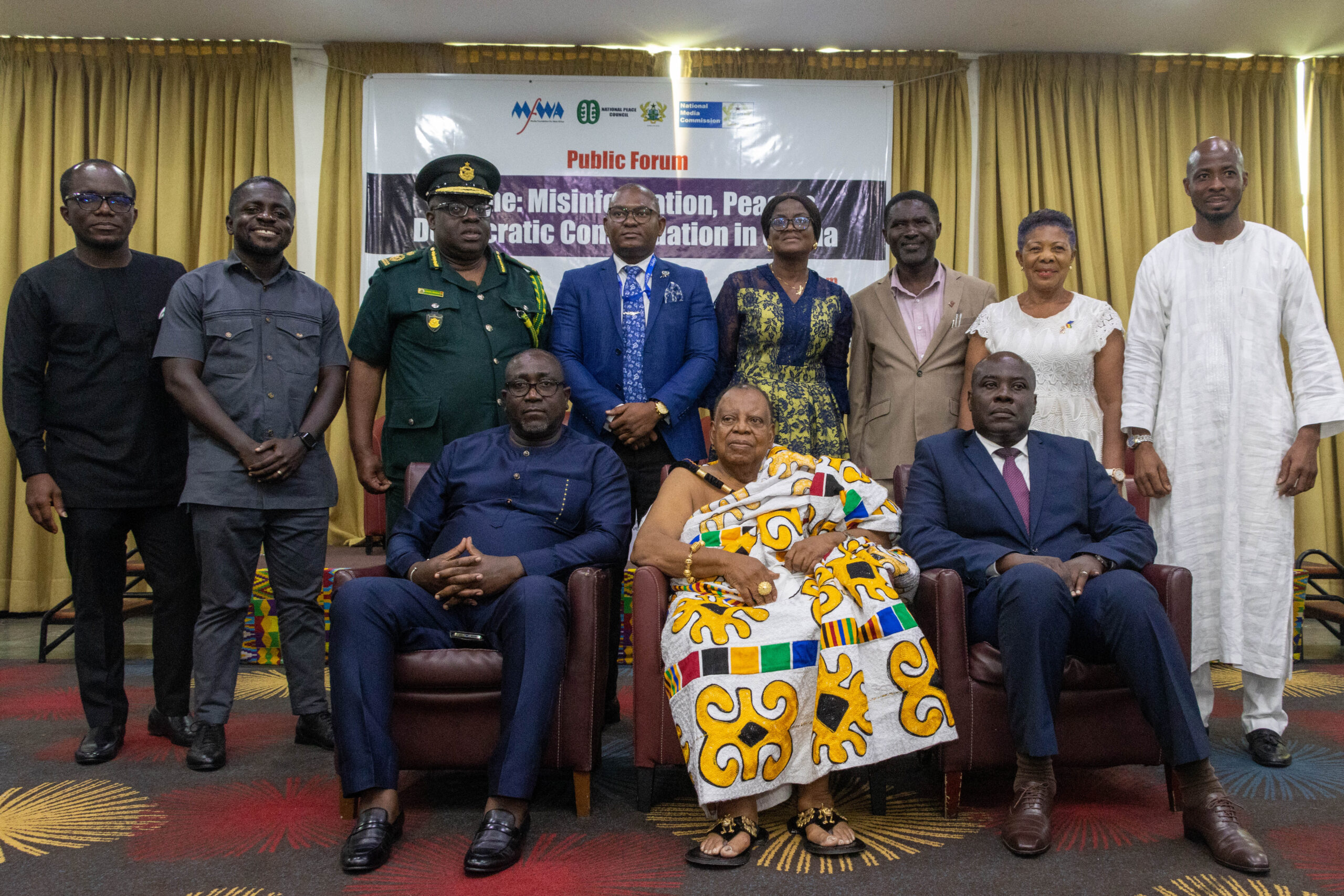On February 22, 2020, the citizens of Togo will go to the polls to elect a president. Seven candidates are contesting the presidential election, including incumbent President Faure Gnassingbé, who has run for more than two presidential terms since 2005 when he took over from his father who ruled the country for 35 years.
Ahead of the polls, there have been widespread concerns about safety of journalists, activists, opposition party members and a possible shutdown of the internet by the government. The concerns are largely justified, given recent incidents of multiple violations against journalists covering electoral processes in West Africa.
In Senegal for instance, eight journalists were wounded when the press corps covering the political campaign of opposition presidential candidate Issa Sall, was attacked in the city of Tambacouda on February 11, 2019, two weeks to the presidential elections.
Sierra Leone witnessed relatively peaceful media coverage of the general election campaigns and the first round of the polls in March 2018, only to record some dreadful brutalities against journalists during the presidential run-off. The editor and publisher of the independent New Age newspaper, Ibrahim Samura, died from his injuries three months after he was beaten by members of the then ruling All People’s Congress (APC) party during the run-off on March 31, 2018. While covering the run-off, Patrick Jaiah Kamara, a reporter of Concord Times was also brutalised by thugs who damaged his camera and took away his digital recorder.
In Nigeria, a number of journalists were assaulted while covering the State Governors’ elections in Kogi and Bayelsa States, as well as the Senatorial re-run in Kogi West, which were held simultaneously on November 16, 2019.
Tobi Kusimo and David Bello from Splash FM were attacked when they tried to interview a polling officer at Aiyetoro Gbede, a town in Kogi state. The same fate befell Sam Egwu, a journalist with the privately-owned The Nation newspaper and Sunday Amachi, a reporter with the government-owned Kogi State Radio at a polling station at Anyigba, also in Kogi State. Chinedu Asadu of The Cable online newspaper, was forced to flee a polling station after he was threatened by police officers. Adejumor Kabir, a reporter with The Premium Times newspaper, was threatened by cane-wielding thugs who forced him to abandon his mission of going to report on the collation of the governors’ election results at the head office of Independent National Electoral Commission in Bayelsa State.
On the issue of Internet Shutdowns, Togo itself rrecently experienced a disruption of the Internet and mobile telephone communication at the height of opposition protests demanding reforms to electoral laws. The precedent has heightened fears among the citizens about a possible recurrence on Election Day or on the day of declaration of final results of the polls.
Internet shutdowns and network disruptions have also occurred during electioneering periods in some West African countries such as Benin and Mauritania in the past year.
On April 28, 2019, Benin witnessed a social media disruption, followed by the shutdown of the internet for 24 hours, as tension mounted over the conduct of controversial legislative elections from which all opposition candidates were excluded.
In the case of Mauritania, the government blocked access to the internet on mobile phones “for security reasons” on June 23, 2019, after the declaration of provisional results of its presidential election.
Given the critical role of the media during elections and the indispensability of the internet in electoral processes, the Media Foundation of West Africa (MFWA) reiterates its calls on the country’s authorities to ensure effective protection and security for journalist during and after the polls. We also urge the authorities to resist the temptation to interfere with the rights of its citizens to inform themselves and monitor the electoral process physically and online. Any tampering with the internet will constitute a major violation of the right to freedom of expression and access to information.
We also urge journalists and media workers to be circumspect in their reportage during and after the elections and be conflict-sensitive in their reportage. They should be also be mindful not allow their platforms to be used for hate speech or incitful comments during and after the polls.






